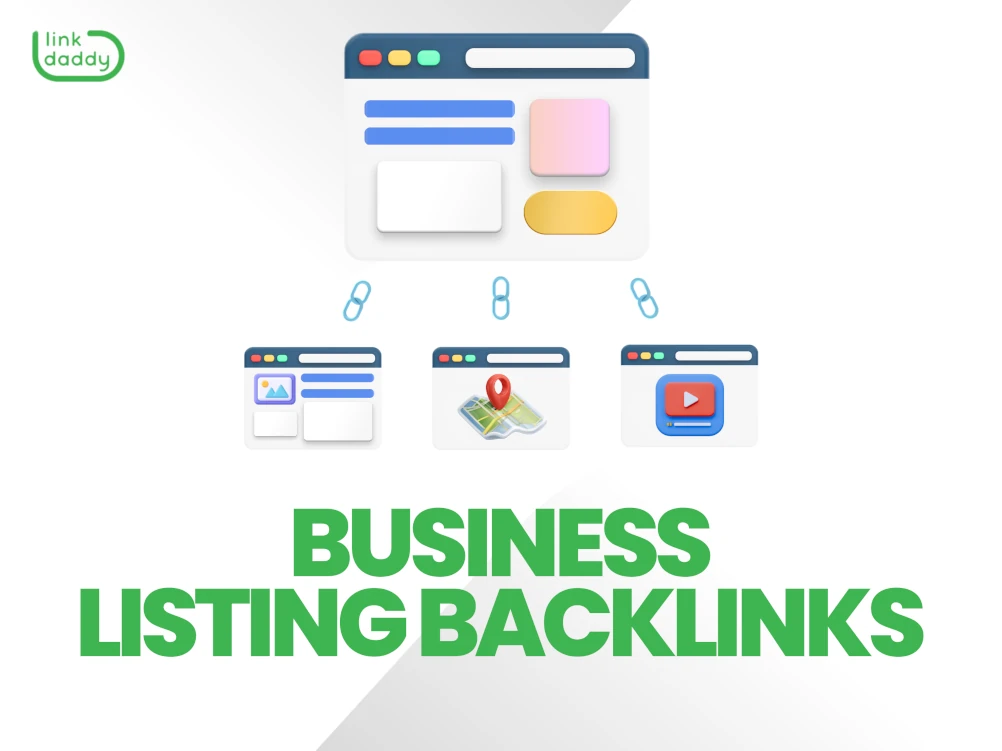Unraveling the Mystery Behind Cloud Providers: What You Need to Know
In today's swiftly progressing technological landscape, the principle of cloud solutions has come to be increasingly pervasive, yet continues to be shrouded in a veil of secret for many. From the various kinds of cloud deployment designs to the vital security factors to consider that come right into play, navigating the realm of cloud services can be a daunting task.
Understanding Cloud Providers
To grasp the idea of cloud solutions, one must understand the fundamental concepts of virtualized computer and remote information storage space. Cloud solutions, additionally referred to as cloud computer, involve the distribution of calculating solutions-- consisting of web servers, storage space, databases, networking, software application, and analytics-- online to use faster development, versatile resources, and economies of range. This version allows companies to access technology resources without the need for straight management of the underlying framework.

Recognizing these foundational aspects of virtualized computing and remote data storage is important for understanding the advantages and capabilities of cloud solutions in today's electronic landscape. - universal cloud Service
Kinds Of Cloud Implementation Designs
Cloud implementation versions encompass various methods for releasing and handling cloud computer services to fulfill particular service needs efficiently. There are mainly 3 kinds of cloud deployment versions: public cloud, private cloud, and crossbreed cloud.
Public Cloud: Public cloud solutions are offered by third-party suppliers over the net, making them cost-effective and easily obtainable. These services are ideal for companies wanting to unload IT procedures and maintenance to external carriers.

Hybrid Cloud: Crossbreed cloud incorporates components of both public and exclusive clouds, enabling organizations to take advantage of the scalability of the general public cloud while keeping control over critical applications and information in a private cloud atmosphere. This model offers adaptability and modification choices, making it a preferred choice for organizations with dynamic workloads and differing IT needs.
Benefits of Cloud Solutions
Enhancing operational efficiency and cultivating advancement, cloud services supply a multitude of benefits for modern-day services seeking to optimize their IT facilities. One of the main benefits of cloud solutions is cost-effectiveness.
One more benefit is boosted versatility and scalability. Cloud solutions offer companies with the capacity to promptly adapt to altering market conditions and scale their operations up or down as called for. This dexterity makes it possible for companies to react quickly to new opportunities and challenges, offering them an affordable edge in today's busy business setting.
In addition, cloud services offer boosted data safety and catastrophe healing capabilities. Overall, leveraging cloud solutions can equip services to streamline procedures, drive advancement, and accomplish long-lasting success in the digital age. cloud services press release.
Safety Considerations in the Cloud
In the world of cloud services, focusing on robust safety actions is necessary for safeguarding sensitive information and guaranteeing functional strength. When taking into consideration safety and security in the cloud, it is vital to address aspects such as information encryption, identity and gain access to monitoring, network safety and security, and conformity with sector guidelines. Encryption plays a vital function in safeguarding information both at remainder and en route, making certain that information continues to be safe and personal from unauthorized access. Identity and gain access to administration devices aid control who can access information and sources within the cloud setting, reducing the risk of information violations.
Additionally, applying stringent network security actions, such as firewalls and intrusion discovery systems, can help stop cyber risks and unauthorized access to cloud infrastructure. Compliance with industry laws, such as GDPR check it out or HIPAA, is crucial for organizations taking care of delicate data to stay clear of lawful ramifications and keep count on with customers. By addressing these protection considerations proactively, businesses can minimize threats and with confidence utilize the advantages of cloud services while protecting their digital assets.
Choosing the Right Cloud Company
As organizations navigate the elaborate landscape of security considerations in the cloud, the procedure of picking the right cloud service copyright ends up being extremely important for making certain thorough information protection and functional efficiency. When choosing a cloud service copyright, companies should consider several key variables.
Additionally, companies ought to check out the scalability and flexibility of the cloud solutions supplied to ensure they straighten with future and existing organization requirements. By conducting complete study and due persistance, companies can select a cloud solution company that not just fulfills their technological demands yet additionally upholds high requirements of protection and efficiency.
Conclusion
In final thought, cloud solutions supply various benefits such as scalability, expense performance, and flexibility. Comprehending the various kinds of cloud release designs and taking into consideration safety procedures are crucial when choosing a cloud solution provider. It is crucial to examine the particular requirements of an organization and meticulously evaluate the choices readily available to guarantee an effective transition to the cloud.
From the different kinds of cloud deployment versions to the important safety factors to consider that come into play, browsing the world of cloud services can be a complicated job. Cloud services, additionally understood as cloud computer, include the delivery of calculating solutions-- including servers, storage, databases, networking, software, and analytics-- over the net to use faster innovation, versatile resources, and economies of range. Crossbreed Cloud: Hybrid cloud incorporates aspects of both exclusive and public clouds, enabling companies to take advantage of the scalability of the public cloud while maintaining control over crucial applications and information in a link personal cloud environment.As companies navigate the intricate landscape of protection factors to consider in Discover More the cloud, the process of choosing the right cloud solution supplier becomes extremely important for making sure detailed information protection and functional performance. Recognizing the different kinds of cloud implementation versions and taking into consideration safety measures are important when choosing a cloud solution provider.
Comments on “LinkDaddy Cloud Services Summary: Encouraging Companies Globally”